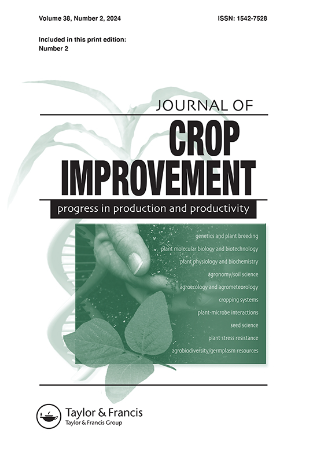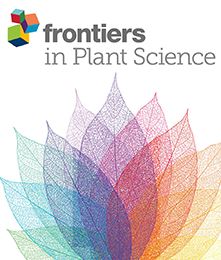Vitamin A deficiency (VAD) is of public health significance in the developing world. In spite of extensive promotion of orange-fleshed sweetpotato (Ipomoea batatas) varieties (OFSPs), they are poorly utilized in Ghana because of their low dry matter and high sugar content. The objective of this study was to develop farmer- and consumer-preferred beta-carotene-rich varieties to increase OFSP utilization in Ghana and beyond. One released variety in Ghana (Apomuden) and four other varieties which are introductions (Beauregard, Resisto, CIP 442850, and CIP 443035) were used as parents. They were crossed using the full diallel mating design. There was significant genetic variation for the traits and among the F1 hybrids. Significant positive and negative heterosis was found, but the levels were not adequate for the development of non-sweet, high dry matter, and high beta-carotene-rich varieties. Twenty-one F1 hybrids that had comparable beta-carotene content and storage root yield but lower sugar content than the only released high-beta-carotene variety in Ghana were identified for further testing for potential release.
Breeding Superior Orange-Fleshed Sweetpotato Cultivars for West Africa
Citation: Baafi, E.; Blay, E.T.; Ofori, K.; Gracen, V.E.; Manu-Aduening, J.; Carey, E.E. 2016. Breeding superior Orange-Fleshed sweetpotato cultivars for West Africa. Journal of Crop Improvement. ISSN 1542-7536. 30(3), 293–310. https://doi.org/10.1080/15427528.2016.1154492
2024-05-15
BREEDING, SWEETPOTATO AGRI-FOOD SYSTEMS, SWEETPOTATOES
Western Africa
journal_article



